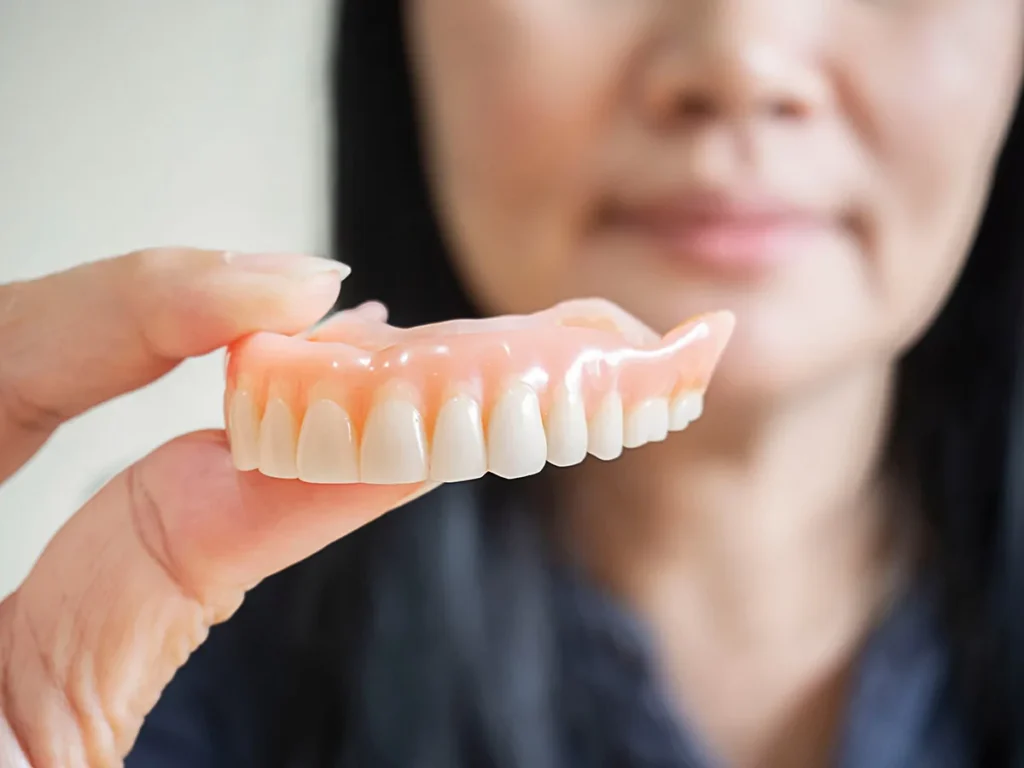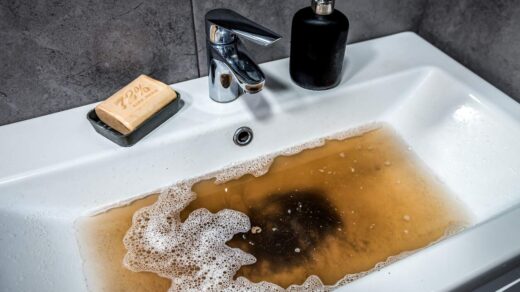Tooth loss not only affects appearance but also reduces chewing efficiency, increasing the burden on the digestive system. According to statistics from the Chinese Stomatological Association, nearly 40% of people over 55 in China require denture restoration. With a wide range of denture options available on the market, how do you find the best solution for yourself?

I. Main Types of Dentures and Their Suitable Scenarios
1. Removable Dentures
Material Options:
- Resin base: Affordable (800-2,000 yuan) but less durable (needs replacement every 3-5 years).
- Metal base (cobalt-chromium alloy): High strength (lasts 5-8 years) with a price range of 2,000-5,000 yuan.
- Flexible dentures: Most aesthetic, ideal for front tooth loss but with low chewing efficiency.
Suitable for:
- Elderly individuals with multiple or full-mouth tooth loss.
- Patients in the transitional phase of temporary restoration.
- Those on a limited budget.
2. Fixed Dentures (Porcelain Bridges)
Material Comparison:
- Nickel-chromium alloy: Budget-friendly (1,500-3,000 yuan per tooth) but may cause gum discoloration.
- Cobalt-chromium alloy: Cost-effective (2,500-4,000 yuan) with better biocompatibility.
- All-ceramic teeth: Natural-looking (4,000-8,000 yuan) and do not interfere with MRI scans.
Clinical Requirements:
- Requires grinding down adjacent healthy teeth for support.
- Stable abutment teeth are needed on both sides of the edentulous space.
- Good alveolar bone condition is necessary.
II. Five Key Indicators for Choosing Dentures
1. Oral Condition Assessment
- Remaining tooth status: Periodontal health determines eligibility for fixed restoration.
- Alveolar bone resorption: Severe atrophy may require bone augmentation surgery first.
- Occlusal relationship: Needs to restore normal vertical dimension and occlusal plane.
2. Functional Needs
- Anterior teeth area: Prioritize aesthetics (all-ceramic materials recommended).
- Posterior teeth area: Focus on chewing function (metal crowns are more wear-resistant).
- Full edentulism: Adhesive dentures can improve stability.
3. Budget Planning
- Short-term plan: Resin removable dentures (low initial cost but high long-term maintenance).
- Long-term investment: Pure titanium frame removable dentures (8,000-15,000 yuan initially, but last over 10 years).
4. Adaptation Period Consideration
- Removable dentures: Require 1-3 months of adaptation, with possible discomfort or pain.
- Fixed dentures: Little to no adaptation needed, but the preparation process is irreversible.
5. Maintenance Convenience
- Removable dentures: Need daily removal for cleaning but allow easy oral examination.
- Fixed dentures: Harder to clean under the bridge with floss, requiring regular professional maintenance.
III. Professional Guide to Avoid Pitfalls
Common Misconceptions to Watch For
- “Immediate fitting” trap: Some institutions claim same-day denture delivery, but precision dentures actually require 2-3 weeks of production.
- Low-price lures: It priced 30% below market value often use inferior materials (e.g., lead-containing metals).
- Over-treatment: Some clinics may recommend unnecessary “full-mouth reconstruction” when only partial restoration is needed.
Quality Identification Tips
- Authentic products should have medical device registration certificates (verify the number’s validity).
- Metal frame dentures should come with component testing reports.
- Porcelain crowns should have uniformly glossy metal inner layers without bubbles or impurities.
IV. Key Points for Denture Use and Maintenance
Daily Care Guidelines
- Removable dentures:
Rinse after meals and clean with a soft-bristled brush.
Soak in specialized cleaning solution overnight.
Get professional adjustments every 6 months (to address ongoing alveolar bone resorption). - Fixed dentures:
Use a water flosser to clean under the bridge.
Avoid biting hard objects (e.g., crab claws, nut shells).
Have annual professional inspections and polishing.
Handling Abnormal Situations
- Discomfort or pain: Return for adjustments within 24 hours; do not grind dentures yourself.
- Abutment tooth pain: May indicate secondary caries—seek immediate dental care.
- Denture breakage: Save all fragments; professional institutions can weld and repair them.
V. 2023 Advances in Denture Technology
Digital Dentures
- 3D scanning replaces traditional impressions (improving precision by 60%).
- CAD/CAM milling technology ensures errors of less than 0.05mm.
Biofunctional Restoration Systems
- Reconstruct ideal occlusal relationships via facial scanning.
- Custom-designed tooth shapes to enhance facial support.
Antibacterial Materials
- Denture bases containing nano-silver reduce Candida albicans growth.
- Photocatalytic self-cleaning coatings lower plaque adhesion.
Choosing dentures is not a simple purchase but a treatment decision requiring collaboration between patient and dentist. It is advisable to visit a legitimate dental institution, where professional prosthodontists will conduct a comprehensive oral examination and develop a personalized restoration plan. The best dentures should balance functional recovery, natural aesthetics, and long-term durability—letting you regain a confident smile while enjoying the pleasure of eating.
Related articles:
Dentures vs. Implants: How to Pick Your Best Tooth Replacement?


